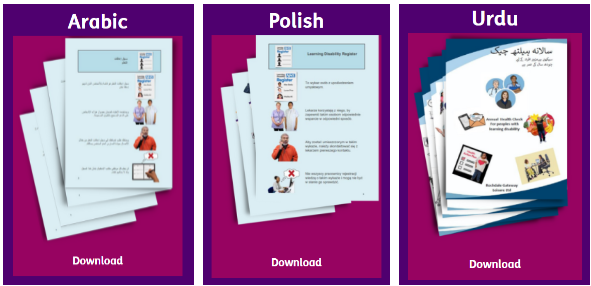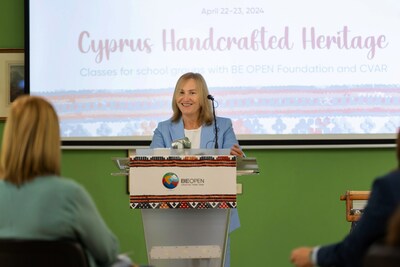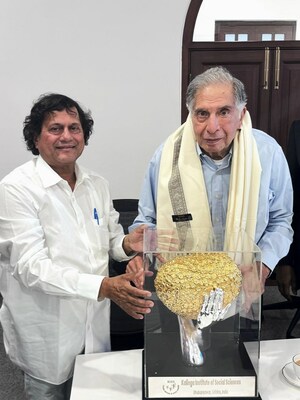Mencap, the UK’s learning disability charity, has launched its new ‘easy read’ GP Learning Disability Register resources which are designed to support people with a learning disability from Black, Asian and Minority Ethnic communities.
The GP Learning Disability Register is an essential document for the health and wellbeing of the 1.2 million people with a learning disability in England.
It helps doctors and healthcare staff to understand the support needs of people with a learning disability – a group of people who routinely face huge inequalities every day of their lives, particularly when accessing healthcare services.
Mencap has worked with four different advocacy organisations; Bradford People First, Grace Eyre based in Hove, Midland Mencap and Rochdale Gateway Leisure, to create unique resources which focus on what the GP Learning Disability Register is, the benefits of joining and the range of extra support available, including reasonable adjustments that people with a learning disability or their families and carers can ask of healthcare professionals.
To raise awareness of the benefits of the register and encourage more people from underrepresented communities to sign up, Mencap began a funded project which gave different groups around the country the opportunity to adapt existing resources about the Learning Disability Register for different cultural communities.
These resources are specifically aimed at people from Black, Asian and Minority Ethnic communities, alongside their families and carers. The resources are now available in ten different languages; English, Arabic, Bengali, Farsi, Urdu, Polish, Portuguese, Romanian, Italian and Spanish. Their easy read format means the information is accessible for people with a learning disability and autism.
An educational video, led by people with a learning disability from Bradford People First, has also been created to highlight the importance of the register. According to the Learning Disabilities Health Check Scheme data, there are approximately only 276,365 out of the estimated 1.2 million people in England with a learning disability who are recorded on the GP Learning Disability Register.
Data from the recent Learning from Lives and Deaths - people with a learning disability and autistic people (LeDeR) report, would suggest that those missing from the register include a high number from Black, Asian and Minority Ethnic backgrounds. The report also found that people with a learning disability of Black, Black British, African or Caribbean, mixed ethnic group and Asian or Asian British ethnicity died at a younger age in comparison to people of white ethnicity.
Edel Harris OBE, Chief Executive of learning disability charity Mencap, said: “It’s long been known that people with a learning disability often face huge inequalities when accessing healthcare, especially those from ethnic minority backgrounds.
“These new resources can help make a huge difference and guide people with a learning disability, their families and carers to understand the care and support they are entitled to. Mencap will keep campaigning until people with a learning disability report a significant improvement in the advice, information and support they are given – and until people with a learning disability have equality in accessing healthcare to help them live happy and healthy lives.”
Ismail Kaji, who has a learning disability and is Parliamentary and Government Engagement Officer at Mencap, said: “As someone from an ethnic minority background, these resources will be a lifeline to many people with a learning disability and their families whose first language isn’t English.
“It’s important that people with a learning disability join their GPs Learning Disability Register if they haven’t already. It helps the GP surgery know which patients need extra support because of their learning disability; this can include annual health checks and any reasonable adjustments needed.
“People with a learning disability deserve to access the same care and support as anyone else.” Mencap want to support people with a learning disability to lead happy and healthy lives, to campaign tirelessly for their rights and to fight stigma and discrimination.












